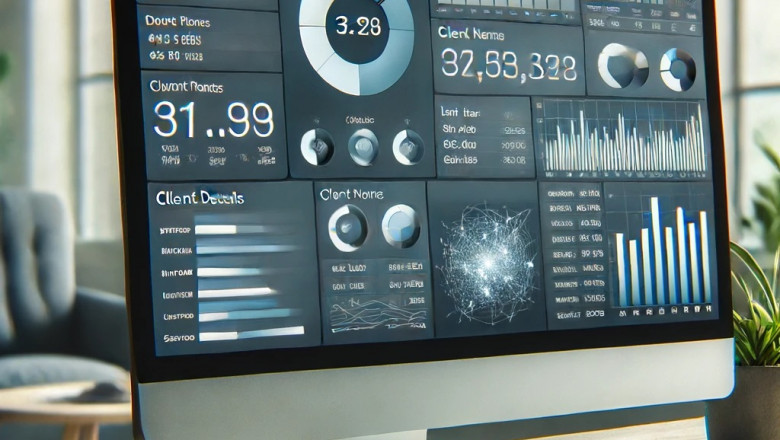views
Cloud based accounting software has transformed financial management by enabling real-time data processing, seamless collaboration, and automated functionalities. These platforms are hosted on secure servers, providing users access to their accounts and reports from any internet-enabled device. The incorporation of machine learning (ML) enhances these systems, offering predictive capabilities that go beyond traditional number-crunching.
Machine Learning and Its Role in Financial Forecasting
Machine learning algorithms analyze vast datasets to identify patterns and trends. In accounting software, this enables the prediction of cash flows, budgeting needs, and expense patterns. For example, ML models can study historical transaction data and offer insights on seasonal revenue changes or irregular expenditure spikes, aiding in better financial planning.
Improving Accuracy with Predictive Analytics
Predictive analytics relies on advanced ML techniques to forecast future outcomes. By analyzing transactional histories and economic indicators, cloud-based accounting systems can predict potential risks like overdue payments or cash shortages. This proactive approach reduces the likelihood of financial missteps, empowering businesses to make well-informed decisions.
Automating Repetitive Tasks for Greater Efficiency
Machine learning also streamlines repetitive tasks like invoice matching, bank reconciliation, and categorization of expenses. By learning from previous data entries, the software becomes increasingly accurate in its predictions and classifications over time. This reduces manual errors and allows accountants to focus on strategic initiatives rather than routine operations.
Real-Time Insights for Agile Decision-Making
Cloud-based platforms equipped with ML provide real-time updates and actionable insights. These tools continuously analyze incoming data, ensuring that decision-makers always have the most current and relevant information at their disposal. Whether it’s identifying emerging market trends or assessing the impact of recent expenses, real-time analytics improve agility in business operations.
Enhancing Fraud Detection and Financial Security
ML in accounting software is also critical for fraud detection. The algorithms can spot anomalies in financial transactions, flagging unusual activities that may indicate fraudulent behavior. By employing predictive models, the software can forecast the likelihood of risks and recommend corrective measures, ensuring robust financial security.
The Future of Predictive Accounting
As machine learning continues to evolve, its integration into cloud-based accounting platforms will grow deeper. Future applications may include more sophisticated forecasting, automated compliance checks, and personalized financial insights tailored to individual businesses. Companies adopting these advanced tools will likely gain a significant competitive edge.
Elevate your financial management to new heights with our cutting-edge cloud accounting applications – where efficiency meets innovation!






















Comments
0 comment